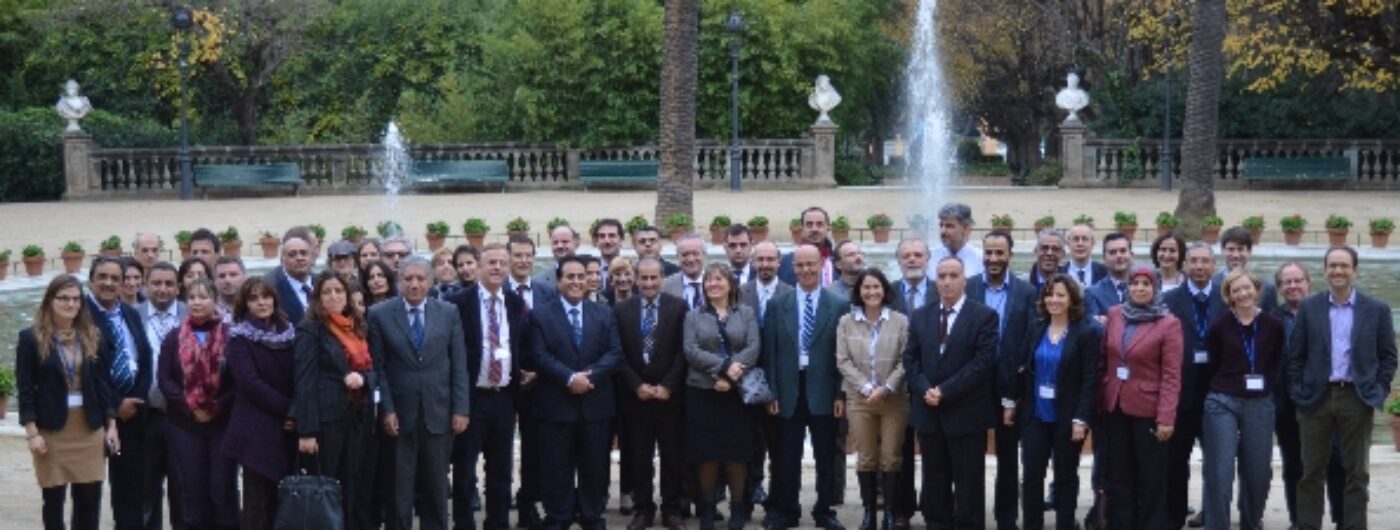
H2020 Initiative sets ambitious objectives to boost protection of the Mediterranean Sea against pollution
Barcelona, 17 December 2014. Hosted by the Co-presidency of the Union for the Mediterranean — the European Union and the Hashemite Kingdom of Jordan — and with support from the UfM Secretariat, the meeting was organised in direct follow-up to the recommendations outlined in the Ministerial Declaration on Environment and Climate Change held in Athens on 13 May 2014 to draft and adopt a work programme for the H2020 Initiative’s second phase (2015-2020). With a clear indication from the Ministers to step up efforts, the unanimously-adopted document recognises the need to reinforce investment activities in pollution reduction, with a wider thematic scope, information sharing and closer cooperation and synergies.
The document adopted was the result of collaborative work between the UfM Co-Presidency, the UfM Secretariat, UNEP/MAP, the European Environment Agency and the European Investment Bank (EIB). The meeting was chaired by the UfM Co-Presidents, Mr Nicholas Hanley, Head of Unit in DG Environment from the European Union, and Eng. Ahmad Al Qatarneh, Secretary General of the Ministry of Environment of the Hashemite Kingdom of Jordan. It was the culmination of a participatory process that has involved consultation with all partner countries within the various H2020 groups.
During discussions, participants validated the work of ongoing efforts and the initiative’s first phase. In particular, they called for more integration among the programme’s different components as well as with other regional initiatives and processes for more efficiency and complementarity, especially as regards capacity building. While training activities were particularly well received by participants, country representatives stressed the critical importance of responding to concrete needs on the ground and ensuring linkages with other programmes and projects in the same areas. Increased coordination and information sharing within the pollution reduction sub-group (led by EIB and UfM) with a particular focus on project preparation will help to yield tangible results in this regard.
The synergies under the review and monitoring group and the work of UNEP/MAP under the eco-system approach were also highlighted, in addition to the importance of research activities to feed into the various components.
The Horizon 2020 initiative aims to improve the quality of life of more than 420 million citizens living in the 25 countries bordering the Mediterranean Sea. It is an umbrella programme drawing together all the policies, strategies and action plans for enhancing environmental protection.

